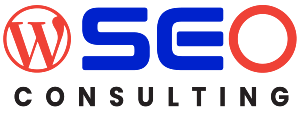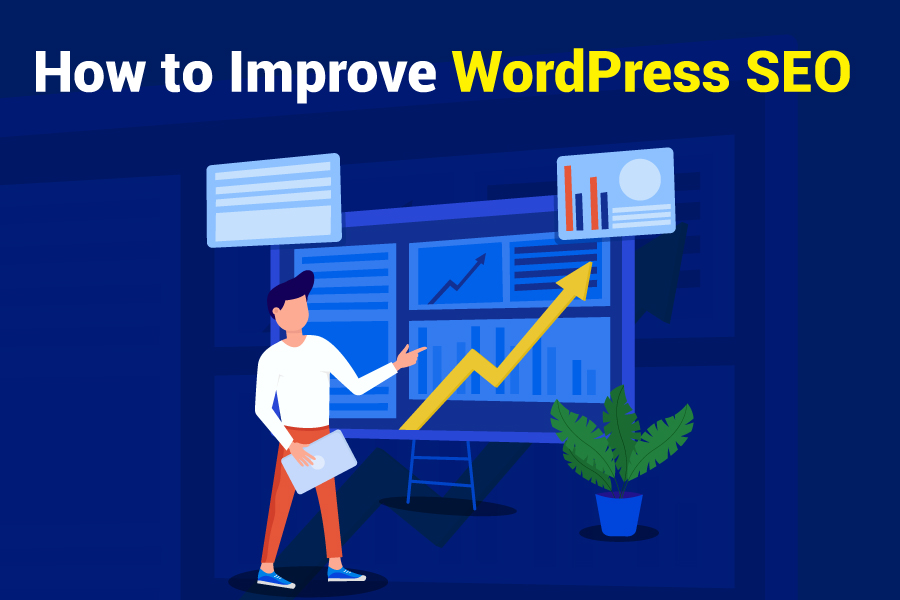In the current digital era, having a strong online presence is crucial for the success of any business or website.
One of the most effective ways to improve your visibility and increase organic traffic is through search engine optimization (SEO).
When it comes to WordPress, the popular content management system, SEO plays a major role in helping your site rank higher on SERPs.
With its user-friendly interface and built-in SEO features, WordPress is designed to give your website a head start.
However, further optimization can be done to achieve even better results. WordPress SEO Consulting could be a great fit if you are looking for expert guidance.
In this article, we’ll walk you through the on-page, technical, and off-page SEO best practices. Whether a beginner or an experienced WordPress user, this guide will help you improve your WordPress SEO and boost your online visibility.
What’s WordPress SEO and Why Is It Important?
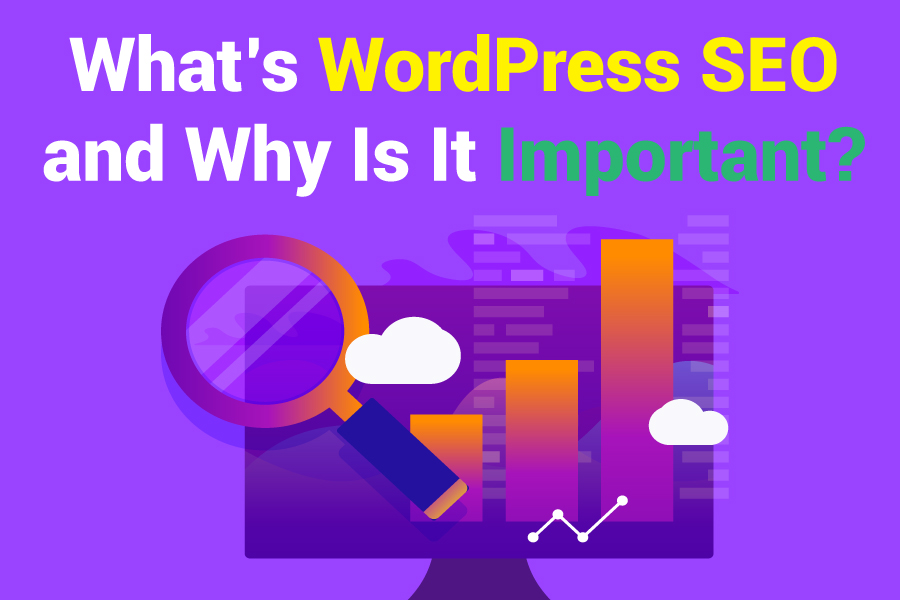
WordPress SEO refers to optimizing a WordPress website for search engines. It involves various techniques and strategies to improve the website’s visibility and ranking in search engine results pages.
WordPress SEO involves on-page optimization (meta tags, headings, content), off-page optimization (backlinks, social media), and technical optimizations (site speed, mobile-friendliness).
Effective WordPress SEO practices help attract more organic traffic and enhance online presence.
On-Page WordPress SEO Practices
To improve your WordPress SEO, you must first optimize your on-page elements.
Implementing on-page SEO practices will help search engines understand your website better and enhance the user experience, leading to higher traffic and conversions.
1. Create high-quality, original content.
Search engines prioritize websites that offer valuable and unique information to users. Regularly publishing well-researched and informative content can establish you as an authority in your field.
This can help attract more organic traffic to your site. It is important to ensure that your content is well-written, engaging, and provides valuable insights or solutions to the target audience.
2. Using relevant and targeted keywords.

Conduct thorough keyword research to identify the terms and phrases your target group uses to search for information related to your industry.
Naturally, use these keywords in your content, including in headings, subheadings, and throughout the body of the text.
However, it is important to avoid keyword stuffing, as this can negatively impact your website’s ranking. Use keywords strategically and focus on providing valuable content that meets your audience’s needs.
3. Choose a fast WordPress Theme.

A slow-loading website can lead to higher bounce rates and lower search engine rankings. People will always move on to the next website when a website takes a long time to load.
Opt for a lightweight theme that is optimized for speed and performance. You can also use caching plugins and optimize images to enhance your website’s loading speed.
A fast WordPress theme improves user experience and is important in search engine rankings.
4. Use proper heading
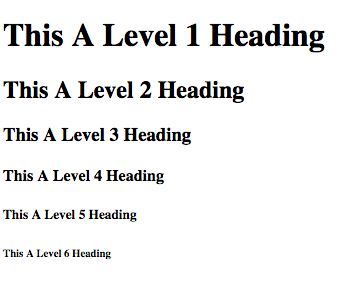
Headings help organize your content and make it easier for readers to scan through the information. Additionally, search engines use headings to understand the structure and hierarchy of your content.
Use H1 tags for main headings and H2-H6 tags for subheadings. Ensure that your headings accurately reflect the content they introduce and contain relevant keywords when appropriate.
5. Optimize meta descriptions and meta titles
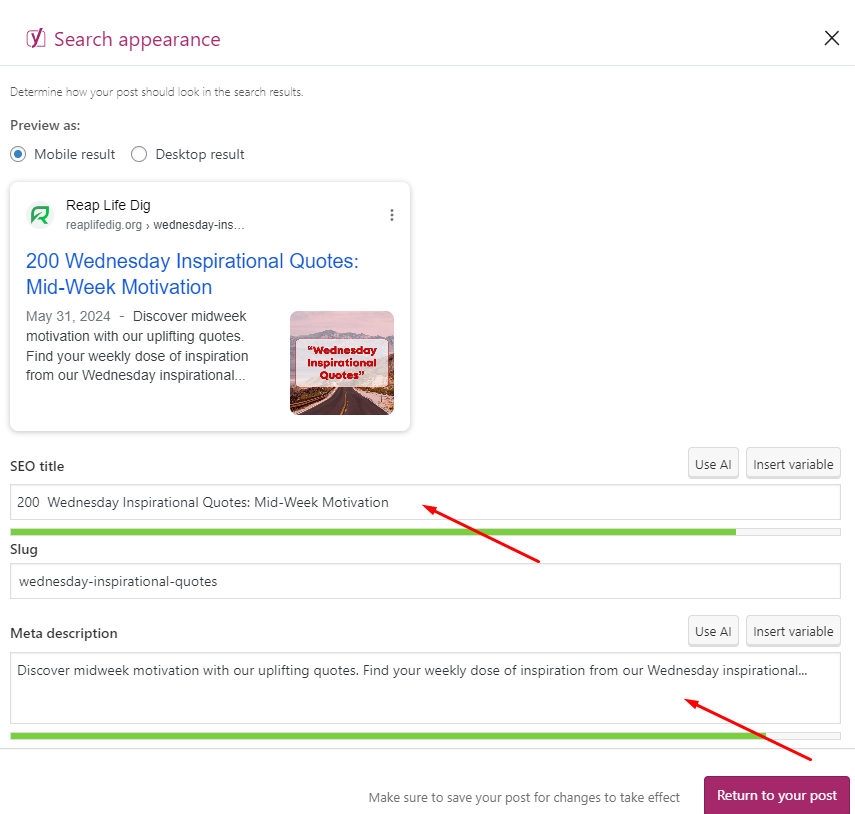
Meta titles and descriptions can improve click-through rates from search engine result pages (SERPs). These elements preview your web page’s content, enticing users to click on your link.
Include relevant keywords in your meta titles and descriptions while keeping them concise and compelling. Ensure each page on your website has unique meta tags and avoid duplicating them across multiple pages.
6. Create WordPress tags and categories.

Tags allow you to assign keywords or topics to individual posts, making it easier for users to find related content on your website.
Categories help group similar posts together, creating a logical structure for your content. This improves user experience and aids search engines in understanding the context of your content.
7. Implement external and internal linking.
Internal linking involves linking relevant pages within your website, whereas external linking entails linking to authoritative sources outside your website.
Internal links help users navigate between different pages on your website, promoting engagement and reducing bounce rates.
External links signal to search engines that you are providing valuable resources and can improve the credibility of your content.
8. Ensure mobile-friendly design
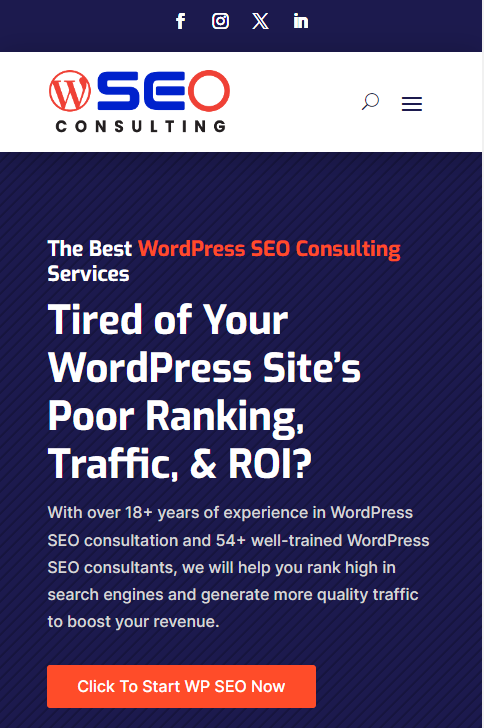
With more users accessing the internet through mobile devices, search engines prioritize websites that offer a seamless browsing experience on smartphones and tablets.
Choose a responsive theme that automatically adjusts your website’s layout and design based on the device’s screen size. Test your website’s mobile friendliness using tools like Google’s Mobile-Friendly Test.
9. Adding alt text to images
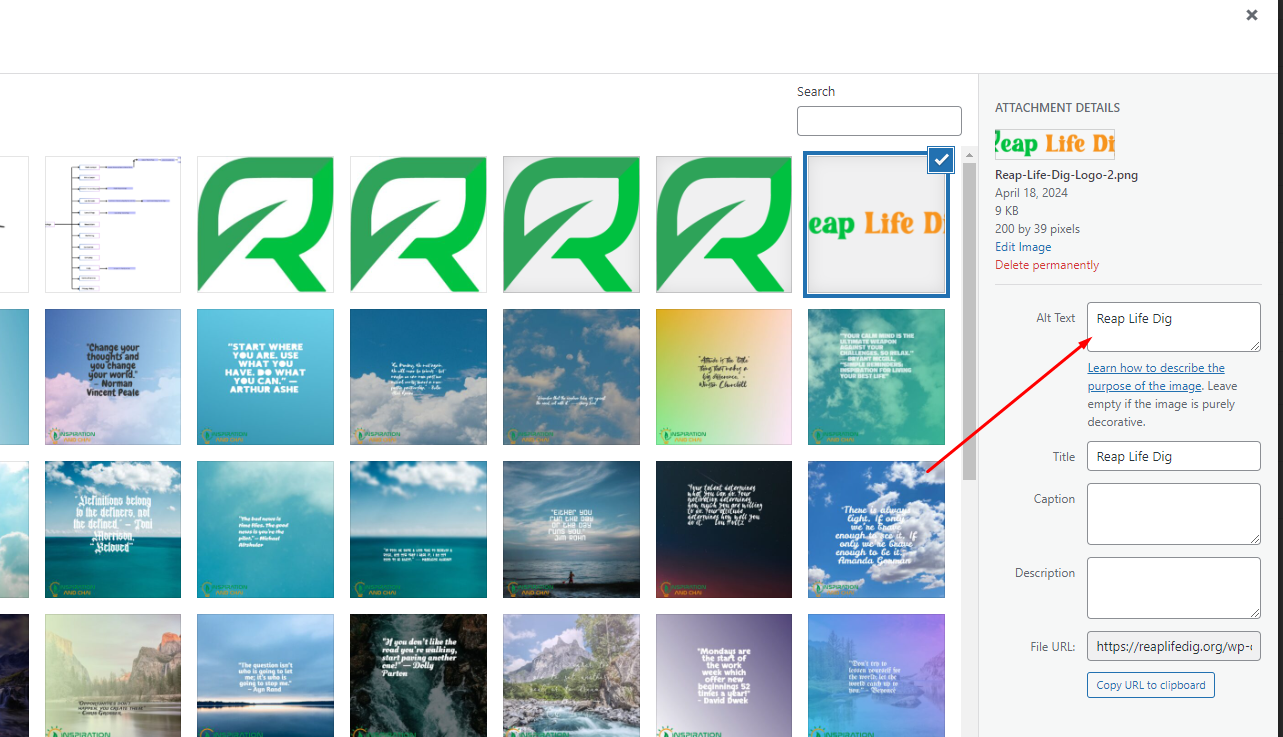
Image alt text is important for both accessibility and SEO purposes. Alt text provides a textual description of images on your website, allowing visually impaired users to understand their content through screen readers.
Additionally, search engines rely on alt text to understand what an image represents since they cannot interpret visual content directly. Include relevant keywords in alt text while accurately describing the image’s content.
Off-Page WordPress SEO Practices
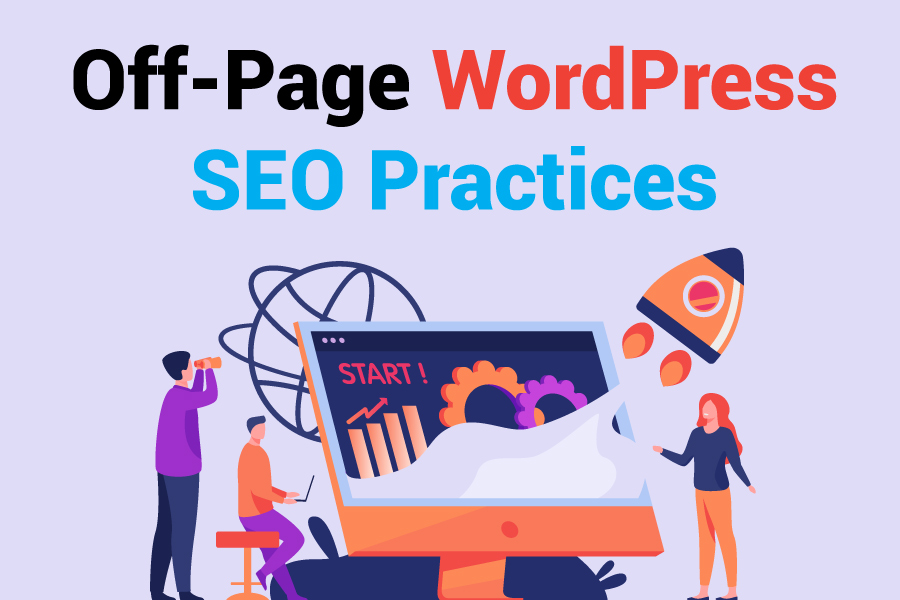
Off-page SEO practices are equally important for improving your WordPress website’s search engine rankings. In summary, these are actions taken outside your website to help build more traffic. They include;
1. Link building – One of the most crucial off-page SEO practices is link building. This involves acquiring quality backlinks from reputable and relevant websites.
Backlinks act as votes of confidence for your website’s authority and can significantly impact its search engine rankings.
Link-building strategies include guest posting, outreach to influencers and bloggers, and participating in industry-specific forums or communities.
2. Social media promotion—Promoting your WordPress website on social media platforms can greatly enhance its visibility and reach.
The best way to attract visitors and increase social signals is to share valuable and engaging content. This includes creating shareable content and using social media advertising to target specific audiences
3. Influencer collaborations – Collaborating with influencers or industry experts can help boost your WordPress website’s visibility and credibility.
By partnering with influential individuals with a large following, you can tap into their audience and gain exposure to a wider range of potential visitors.
This can be achieved through sponsored posts, guest blogging, or hosting joint webinars or events.
4. Online reviews and testimonials – Encouraging customers to leave positive reviews and testimonials about your WordPress website can significantly impact its reputation.
Positive reviews provide social proof and contribute to local SEO efforts by improving your website’s visibility in local search results.
5. Online directory listings – Registering your WordPress website on relevant online directories can help improve its visibility in search results.
Directories such as Google My Business, Yelp, and Yellow Pages can increase your online presence and provide valuable backlinks.
When listing your website on directories, ensure that the information provided is accurate and consistent across all platforms.
6. Content marketing – Creating high-quality and relevant content is essential for off-page SEO. By consistently producing valuable content, you can attract organic backlinks from other websites and increase your website’s visibility in search results.
Additionally, sharing content on social media platforms and engaging with users can help amplify its reach and generate more traffic.
Technical SEO Practices for WordPress
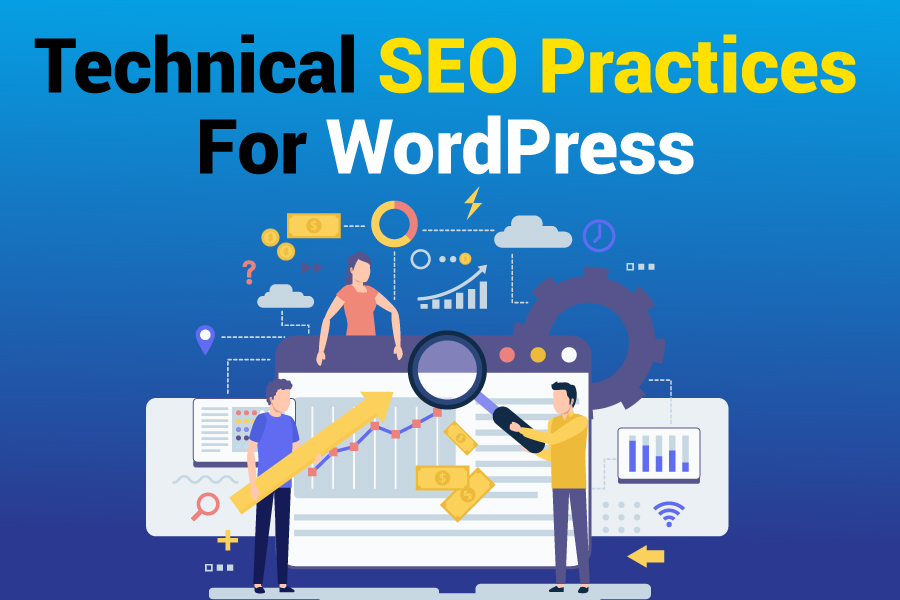
Technical SEO practices involve optimizing your website’s loading speed, mobile responsiveness, URL structure, XML sitemap, and robots.txt files.
- Optimize Website Performance – Ensure your WordPress site loads fast to keep visitors engaged. Core Web Vitals, including INP, CLS, and LCP, are crucial for Google rankings. Use tools like GTMetrix and consider Managed WordPress Hosting for improved speed.
- Configure Canonical Tags – Avoid duplicate content issues by setting canonical tags or using plugins to specify preferred URLs. This ensures search engines prioritize the correct page for indexing.
- Submit Sitemap to Search Engines – Use XML sitemaps to help search engines understand your site’s structure. Submit the XML sitemap to Google Search Console or Bing Webmaster Tools for better indexing.
- Implement Structured Data – Use schema markup to enhance search engines’ interpretation of your content. Rich results, like recipe snippets, can increase click-through rates. Employ plugins like AIOSEO to simplify schema markup implementation.
- Noindex Low-Value Content – Prevent search engines from indexing low-value content, such as archive pages or low-quality blog posts, to maintain site authority. You can use SEO plugins to add noindex tags selectively.
- Redirect WWW to Non-WWW URL (or vice versa) – Choose between www and non-www URLs and redirect accordingly to prevent content duplication. Consistent URLs improve search visibility and rankings.
Conclusion
Now you know how to improve WordPress SEO. Improving WordPress SEO is important for anyone looking to increase their website’s visibility and drive organic traffic.
Website owners can significantly improve their search engine rankings by following the strategies and techniques discussed in this article.
Additionally, it is important to regularly monitor and analyze website performance to identify areas for improvement and make necessary adjustments.
Ultimately, improving WordPress SEO can lead to greater online visibility, increased organic traffic, and more conversions and success for your website or business.
